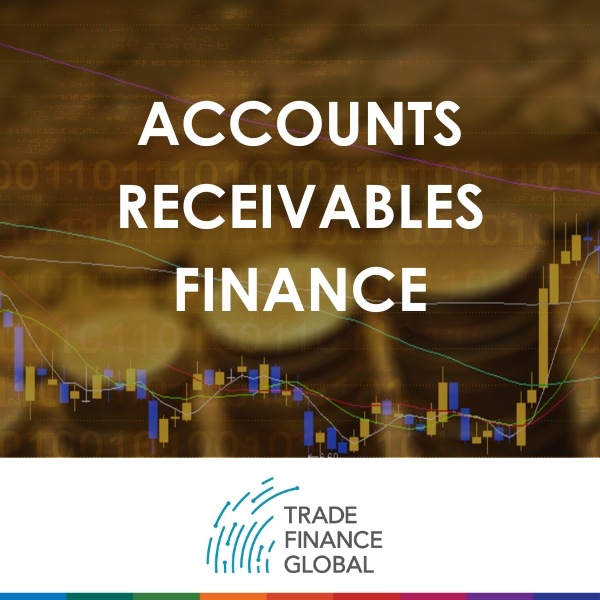Forfaiting versus factoring: The evolution of receivables finance

The above Supply Chain Finance techniques have been defined by the Global Supply Chain Finance Forum (BAFT, EBA, FCI, ICC and ITFA)

Access payables, receivables and supply chain finance
We assist companies to access supply chain finance through our relationships with 270+ banks, funds and alternative finance houses.
Get startedContent
A comparison of the historical context of forfaiting and its future, looks at the level of recourse to the seller of the receivable.
Forfaiting
In the case of forfaiting, the concept is to allow the sale of a receivable to be without recourse to the seller, but on the assumption that the seller has taken all steps to make sure the payment obligation is unconditional. At that point, the seller receives a discounted payment and no more, and the sale is without recourse to it.
Factoring
In the case of factoring, the seller receives a discounted amount, but may well receive more once payment from the buyer is received. On the other hand, if the buyer does not pay, there may be recourse to the seller for all or part of the unpaid amount.
Variations and treatments
Variations between these products may result in different treatments, but essentially both are used where the receivable has come into existence resulting from a sale of goods or the provision of services.
In each case, financers using these tools have sought to include other types of receivables within the product. Forfaiting talks of a payment claim as being the subject of a forfaiting transaction. That payment claim can arise not just from the sale of goods, but also out of a financial instrument, including a letter of credit or even a loan agreement.
Supply chain finance
Supply chain finance often uses an electronic platform to evidence the creation of a receivable. Depending on whether the programme is supplier-led (receivables) or buyer-led (payables) will determine the extent of the involvement of commercial parties. In all cases, the programme is designed to create a receivable which can be financed. It provides availability of credit to a seller/supplier and potentially extended payment terms to a buyer. A buyer might well use its programme to assist its suppliers in obtaining beneficial credit terms to support and enhance each supplier’s business. Third party arrangers and platform providers can use structuring to achieve good results for both parties.
Electronic products: BPO
The use of electronic products has become more evident in recent times. Bank payment obligations (BPOs), which utilise matching electronic data to create an unconditional payment obligation of a bank, again increase the potential for receivables financing. The BPO (explained further below) has not proved as successful as many had hoped, due in some part to its inflexibility, but it has led to other electronic solutions including the Uniform Rules for Digital Trade Transactions (URDTT) which allow for a trade to be evidenced digitally including for its payment.
Extending electronic data to encompass bills of lading and other shipping documents further increases the potential for speedier creation of receivables. This has been apparent in the use of electronic letters of credit. There have been many developments in the fintech arena considered in Chapter 10 of the Guide with the law trying to catch up.
English law changes have now taken effect which embrace the UNCITRAL Model Law of Electronic Transferable Records (MLETR). Other jurisdictions have taken similar steps.
In the UK there is the Electronic Trade Documents Act 2023 (ETDA). The ETDA recognises that certain instruments may be created, possessed and transferred in an electronic form (i.e. as an electronic record). For receivables the key documents are electronic promissory note (ePN) and electronic bills of exchange (eBOE) or together eNIs.
Compliance with ETDA of having exclusive control of the eNI evidenced by a reliable system once dealt with could see the expansion of platform led receivables finance transactions.
Copyright© 2021 Deutsche Bank AG, Sullivan & Worcester UK LLP and the International Trade & Forfaiting Association (ITFA). All rights reserved.
Excerpts from the text of the Guide, updated by Geoffrey Wynne who originally authored the chapter ‘An introduction to receivables finance’, are reproduced with permission from Deutsche Bank AG, Sullivan & Worcester UK LLP and ITFA.
The full paper can be downloaded here.
Our trade finance partners
- Supply Chain and Payables Finance Resources
- All Payables Finance Topics
- Podcasts
- Videos
- Conferences



















